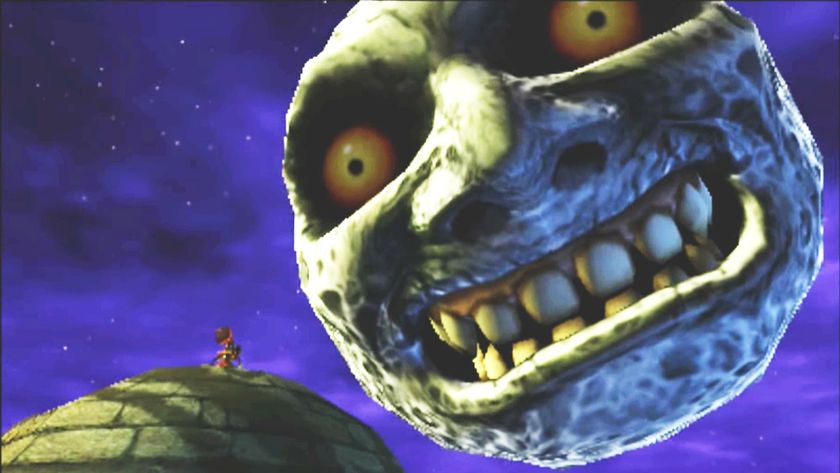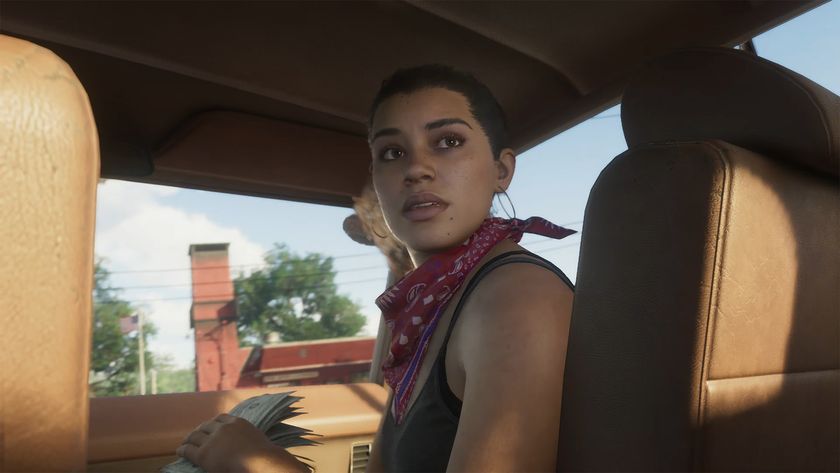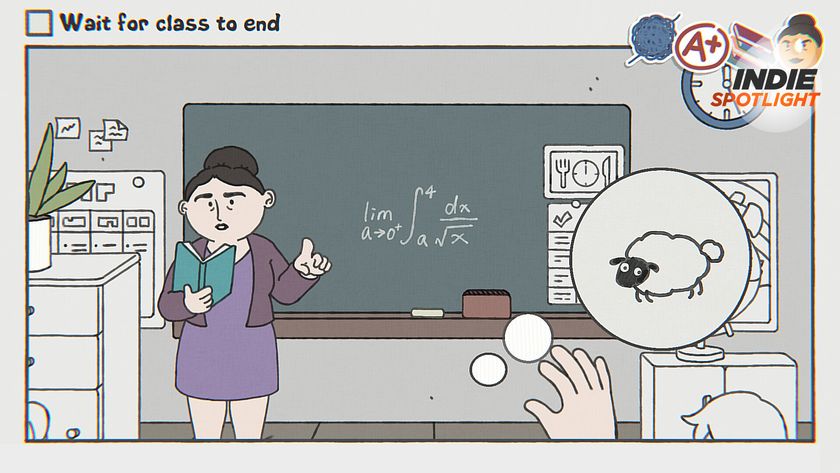Why you can trust 12DOVE
Originally rejected by all the major American publishers, Vladimir Nabokov's masterwork is the undisputed King Of The Unfilmable Novel. While the likes of American Psycho and Crash deal with the crazy things that adults get up to (sex, violence, often at the same time), Lolita dares to dally with the ultimate bogeyman: paedophilia.
Kubrick tried and failed. Despite a script penned by Nabokov himself, his 1962 version was an impotent, non-threatening, insultingly broad brushstroke. With James Mason in it. By contrast, Adrian Lyne has casting (both Irons and Swain are superb) and time on his side; since this was the '90s, he gets away with a more up-front approach, including expert emphasis on the sensual complexity and tantalising subtleties of a sexual obsession. Thankfully, he's matured way beyond the offensive Toytown ethics that informed the dismal Fatal Attraction (women who mess with married men deserve everything they get), and this adaptation is perfectly competent and watchable.
Irons is totally convincing as the cultured European dumped into the dull emptiness of post-war America, understandably distracted by the forbidden and exciting Swain; cute and incorrigible, with just the right brand of hypnotic petulance. Lyne also uses plush photography as the perfect offset to the gathering claustrophobia and the hopelessness of the situation.
It's at least 20 minutes too long (there's a tangible sag in the middle, when Lyne lobs in a Hollywood hissy-fit here, a lingering ceiling-gaze there: does anyone actually do that in the real world?) Most jarringly, Nabokov's flamboyant vernacular, which drives the book's compulsive poetry, doesn't always translate well into voice-over, and, despite her brief contribution, Melanie Griffith is always a bad idea.
But, with its considered, intelligent, non-sensationalist approach, the recommendations outweigh the grumbles. Despite the standard lazy bleating of the US knee-jerkers (Lolita's highly unlikely to receive the release it deserves in Lyne's home country), it's hardly a slavering vindication of the exploitation of minors. Ignore the clockwork characters and soulless class chatter of `classic' period drama, and indulge yourself with something a little more sexy and substantial.
Lolita is a confident and mostly effective retelling with both a rich regard for Nabokov's ideas and a sharp sense of its own place in the difficult world of Hollywood literary translation. Definitely a success.
The Total Film team are made up of the finest minds in all of film journalism. They are: Editor Jane Crowther, Deputy Editor Matt Maytum, Reviews Ed Matthew Leyland, News Editor Jordan Farley, and Online Editor Emily Murray. Expect exclusive news, reviews, features, and more from the team behind the smarter movie magazine.

Despite Zelda: Majora's Mask basically being a horror game, one of its key devs didn't think its creepiest features were scary at all: "People on the team were like 'whoa!'"

Corsair exec says GTA 6 is coming to PC in early 2026 and then quickly un-says that

This puzzle game has done the impossible: waiting around for something to happen has never, ever been this fun
Most Popular




